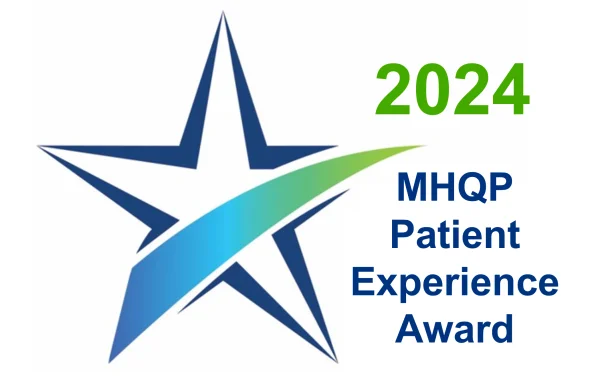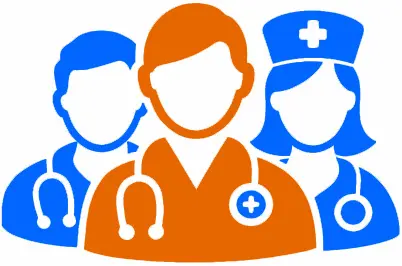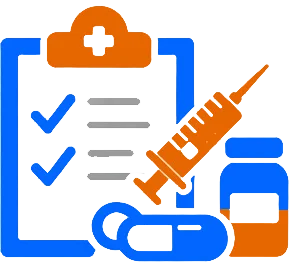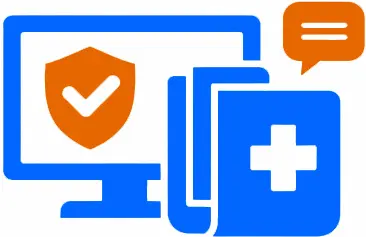
MHQP Patient Experience Award Winner 2024
Family Medicine Associates Recognized for Excellence in Patient-Provider Communication Family Medicine Associates is proud to announce that we have been named a 2024 MHQP Patient Experience Award winner in the category of Patient-Provider Communications. Presented by Massachusetts Health Quality Partners (MHQP), this award recognizes primary care practices across the state that deliver exceptional patient experiences based on MHQP’s annual statewide Patient Experience Survey. In 2024, more than 30,000 patients participated in this survey, making it a meaningful reflection of patient







